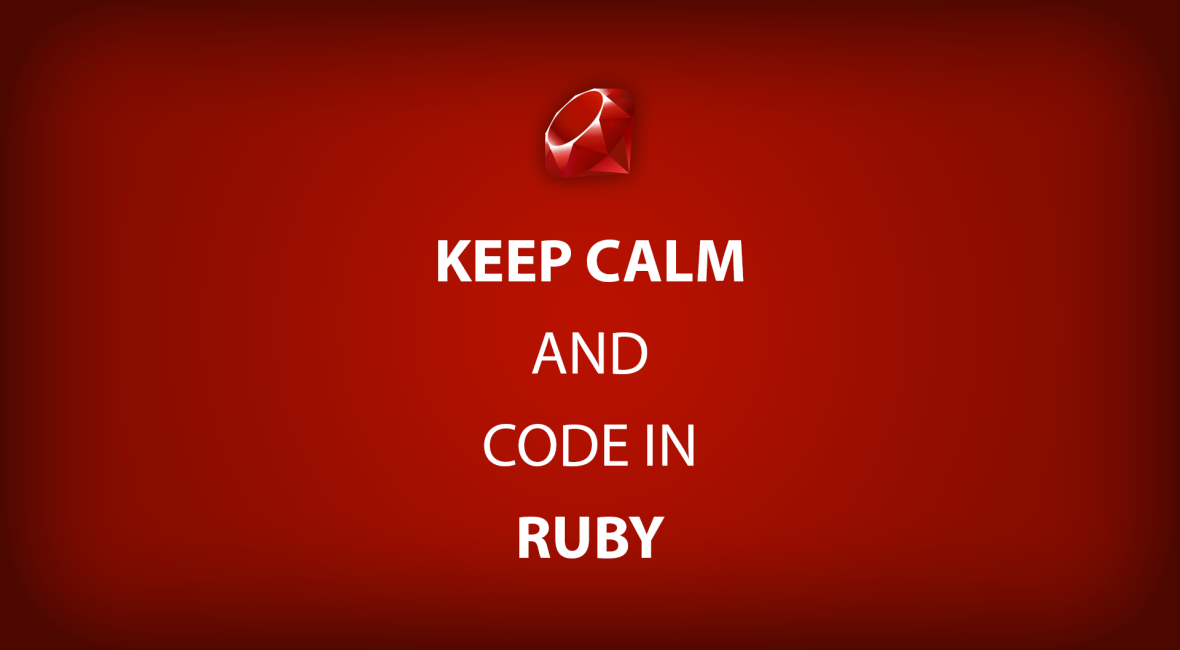There are a lot of job sites out there for ruby developers, but only a few of them even bother to identify remote / telecommute jobs. Within that small set, far fewer of them actually allow you to filter for truly 100% remote jobs without some crafty keyword searching.
#7. Indeed
Pros
- Extremely Popular Job site (typically top ranking results for job searches)
- OK filter (enter “Remote” in location)
- Decent number of opportunities
- Good Mix of Startup + Corporate
Cons
- Is just an aggregator, you will have to apply on employer’s site
- Not Developer focused
- Lots of ‘noise’ to go through, and filter’s don’t work too well
Overall
Indeed aggregates from a huge amount of job boards, so it initially seems as if they have the most opportunities. However, since they only aggregate, interested job seekers will still have to apply on the listing companies site, which is a huge time waste if you’re applying to many opportunities. The search function only returns opportunities that have ‘remote’ in their subject line, but this still returns a decent amount. Overall, Indeed & similar job are average at best for finding remote Ruby jobs, but they have the potential to be a great resource if they add a “remote” search box
#6. Github
Pros
- Almost every developer uses Github as their code repository
- “Remote” works in Location
- Clean UI
Cons
- Extremely limited ruby choices
Overall
We expected Github to have more listings because of the huge amount of developers that already use the site, but it was surprisingly low. We’ve posted opportunities ourselves, and didn’t think the applicants were as strong as some other sites, so maybe it’s just not a feature that’s marketed well on github. Either way, if they decide to make this more of a priority and developers take to it, this could be a powerhouse site.
#5. WeWorkRemotely.com (37Signals)
Pros
- Only Remote Opportunities, No need to filter jobs!
- Well known for remote – 37Signals has written extensively on the topic
- Many Startup opportunities
- Simple to navigate – Simple UX / UI
Cons
- Should be more Ruby opportunities (for a site dedicated to it, by the guys who made Rails)
- Too Simple for employer profiles: There’s limited space to describe the position.
- Mostly Startup Opportunities: Lacking corporate jobs.
Overall
The posts are of good quality, but for a company that is such a large proponent of remote working, we think they should have more positions. Also, they have a ‘is this position not remote?’ flag, but they should manually be going through the job board each day.
#4. Authentic Jobs
Pros
- Built for Remote & Contract type Jobs
- Decent Mix of Startup & Corporate opportunities
- Best Filter among all of the sites we’ve reviewed.
- Good Design
- Good Quality Positions
Cons:
- Very few Ruby positions (3)
- No junior or entry level positions, only senior and experienced
Overall
This site has earned a reputation for the quality of its posts, and is well known amongst developers and designers. (i.e Employers can expect a decent # of applicants applying to their jobs) As with stackoverflow, there is a checkbox to tag the post as a telecommuting position, ‘Work can be done from anywhere (i.e. telecommuting)’. The other bonus here is filtering that allows you to separate out full-time jobs, contract, internship, etc. However, with all these great features, there’s only a limited # of Ruby opportunities.
#3. Linkedin
Pros
- Well known: Almost everyone has a Linkedin professional requirement
- Easy to filter (enter “Remote” in location)
- Huge # of opportunities
- Mostly Corporate jobs
Cons:
- Not Developer focused (lots of clutter)
- Too many choices, not good enough filters
- Most of the positions are posted by recruiters.
Overall:
We were surprised by the huge # of opportunities, but ultimately disappointed because 1/2’s of them were posted by CyberCoders (a tech consulting firm). However, since Linkedin has become the dominant social network for careers (and most people having a Linkedin Profile) it’s one of the most populous job boards. The best benefit (if you have a filled out profile) is you can apply directly to positions using your linkedin profile, so no resume is needed. Going forward, if Linkedin was to add a “remote’ checkbox as a filter criteria, we might move Linkedin to #1 on our list
#2. FlexJobs
Pros
- Most popular Remote job board (for all positions)
- Largest # of real ruby opportunities (very low on recruiters)
- Well known (good marketplace)
- Mix of Corporate and Startup
Cons
- Poor UI
- Have to become a member to apply
- COST (monthly fee to be a member)
Overall
At first, we didn’t think too much of flexjobs because the site looks a bit ‘spammy’ at first glance. However, they have a huge amount of Ruby Opportunities, more than every other job board site yet. The one giant glaring weakness is that they charge job seekers a monthly subscription fee to apply to their positions. This allows them to have cheaper prices for employers to post opportunities, but is also quite annoying when nothing is guaranteed on the job seeker side. Nevertheless, if you’re really looking to get a new remote position, the monthly fee is nominal if you actually do apply to a ton of opportunities and use your payment to it’s full potential.:)
The Winner: #1. Stack Overflow Careers
Pros:
- Number of remote posts (approx.): Highest (62)
- Quality of Employers: There’s some really solid employers posting great opportunities.
- Quality of Applicants: Through our experience hiring, we consistently found awesome applicants through Stack Overflow
- Application Management: Strictly for employers, but Stack Overflow has created a very simple way to manage applicants. Making it more likely that employers will stick with it.
Cons:
- Price: $495 a post for employers, which limits the pool size.
- Awareness: We think they could draw more attention to it for developers
Overall
We’ve posted to many different job boards to help clients fill technical positions, but have always gotten the best Ruby applicants and the highest volume through Stack Overflow. On the job seeker side, we found the highest number of opportunities, and it was a great mix of startup and corporate positions.
Stack Overflow has positioned itself so well by creating two simple check boxes: one for employers, one for job seekers. In the job posting form (for employers) the following statement is below the ‘Telecommute’ checkbox–‘Check this only if you are considering candidates who will work entirely remotely’. Job seekers have the option to select ‘Allows remote’ in their locations
Summary
We’ve posted opportunities on many of these sites & other team members have used them in the past for new opportunities, but we were quite surprised by the results. A few “Ruby Only” job boards that we’ve used in the past either didn’t have remote opportunities, or only had a handful of actual positions. Further, some developer job boards we’ve used in the past (some very large ones..) simply had awful searches for remote ruby positions, but we assume this is a reflection of the market & the types of companies that post to those sites. Nevertheless, we expect this list to dynamically change over time, and we will update it to reflect these changes.
Post in the comments if you think we’re missing any great resources & why!














